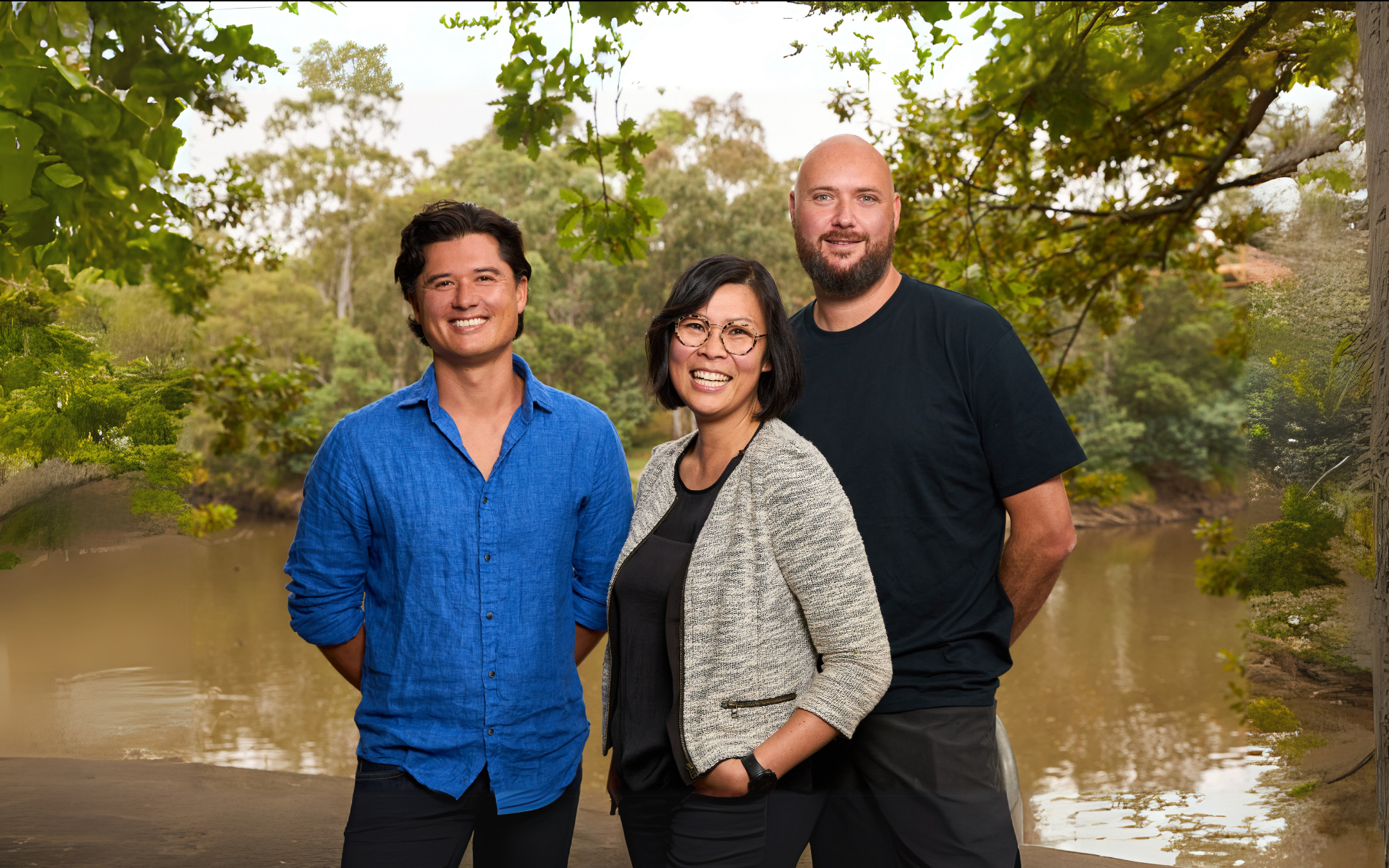Community-based grocery delivery service YourGrocer knows first hand just how difficult it is to manage an overflow of new business and, crucially, keep everyone happy.
Managed correctly, it can greatly accelerate a company. One misstep, however, and it can devastate your brand.
The company first saw a blitz on its services back in March, when the idea of a lockdown first started doing the rounds in the media. Then, the lockdown finally arrived, the panic set in and the rush on their delivery service ensued.
“That first week of lockdown deliveries just soared. We initially sold out for deliveries a week in advance…” co-founder and COO Nicolette Ranieri said.
“We implemented a waiting list, to match capacity with our demand. That grew to have 30,000 people on it.”
Founded in 2013, YourGrocer is a Melbourne-based grocery delivery service that enables smaller independent food outlets to compete with the delivery services offered by the large supermarkets.
The business has grown steadily since its launch, but this year, almost overnight, it became an essential service for many in the community.
The sheer influx of new business did initially stall YourGrocer services. The company measures itself on its ability to completely fulfil orders, and ensure there are no missing items. That sounds simple in theory, but is logistically tough when you consider that YourGrocer is sourcing components for an order from several different suppliers and stores, with ever-changing levels of stock.
Ranieri explains that during ordinary times, the company on average sees 80 per cent of all orders completely fulfilled. This March, despite best efforts from YourGrocer, universal shortages across their vendors saw that figure drop to 40 per cent. It quickly recovered as supply chains normalised, but to Ranieri’s surprise, the drop in quality didn’t lead to a mountain of customer complaints.
YourGrocer’s customers were incredibly understanding and instead sent them praise, some indicating that their service was absolutely essential due to a prior health condition.
One customer wrote: “Both my husband and I are medical specialists working in the public system, I am also pregnant and we have two small children at home and I was so grateful that our delivery still arrived yesterday as scheduled.”
“Life is a bit stressful at present, as it is for everyone in different ways, and it has been enormously helpful that you have continued to provide your service, in what I am sure is extremely challenging circumstances, so thank you ever so much.”
Another told the company: “I can’t speak highly enough of YourGrocer. I feel like I’m dealing with a small family business who take the time and make the effort to get it right — every, single time.”
“Through this COVID nightmare, I have been far less stressed about food and shopping because I’ve been able to trust you guys to keep us fed. Thanks so much for a wonderful service.”
Since the March rush, YourGrocer has continued to grow and scale the business like never before. It’s now profitable, has doubled its headcount and has grown its overall number of deliveries by 70 per cent.
Ranieri is bullish for YourGrocer’s future too, as she believes COVID-19 could see more Australians continue to get their local groceries delivered well after the pandemic has passed.
But when asked about the most memorable moment of this pandemic to date, Ranieri pulls away from the commercial success of the business and touches on its impact on society.
“We heard stories of some of our stores letting off staff. Friends of friends losing their businesses and their jobs. Plenty of people, really struggling. But here we were growing, run off our feet, and anxious,” Ranieri said.
“But at the same time, we were building a business that was actually helping people. We were keeping our staff employed and hiring more and also supporting those local stores that contribute so much to the community,” she said.
“Crucially though, we were also helping those unable to leave their home access essentials. This business model we created was having a really positive impact, and that feeling is incredibly fulfilling.”
For more stories and fortnightly insights, sign up to our newsletter Small Steps.



.JPG)



%20-%20Edited.jpg)
